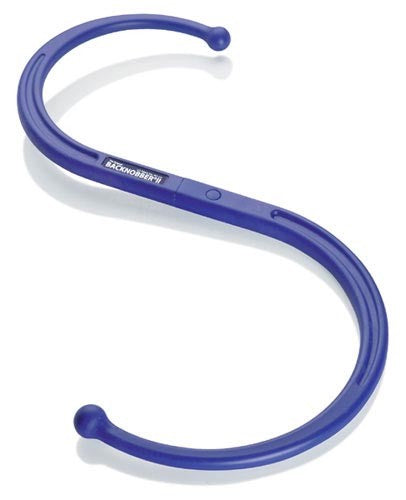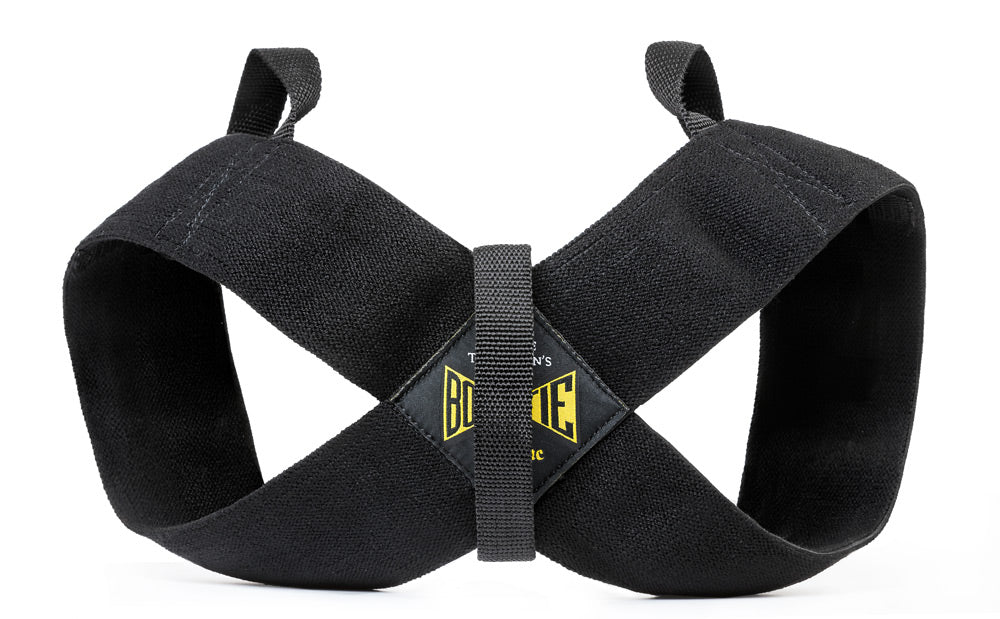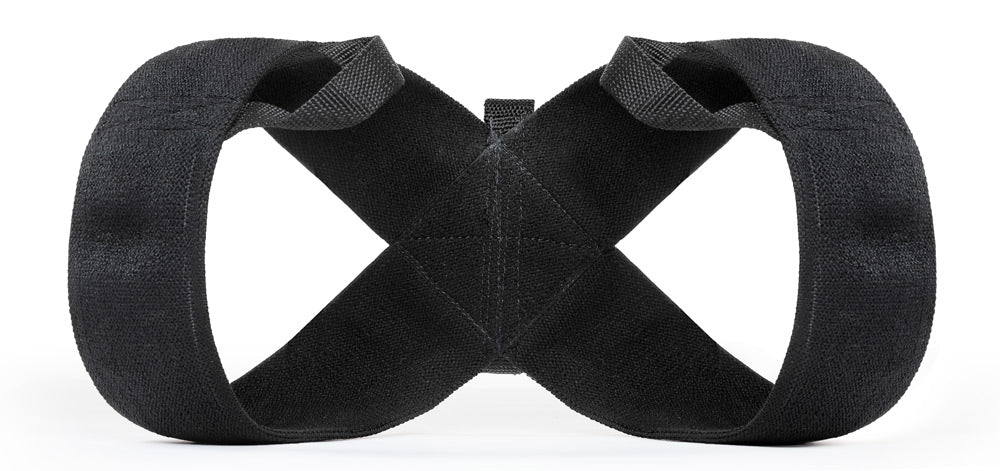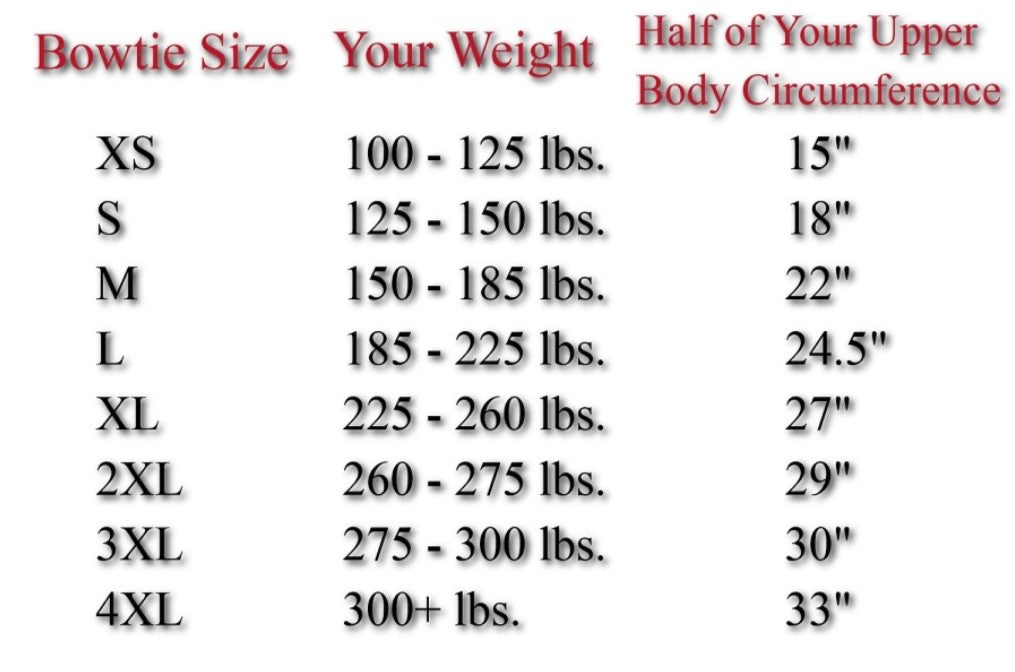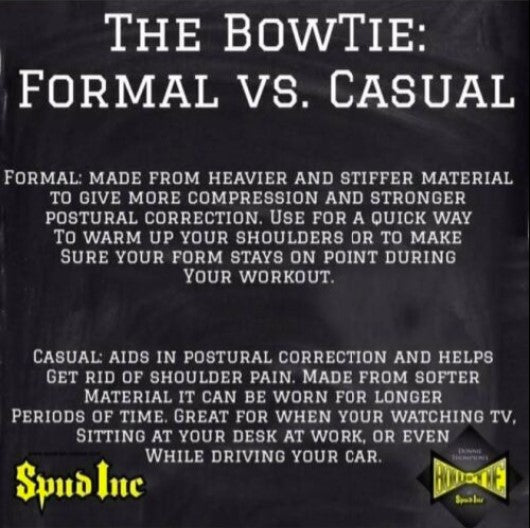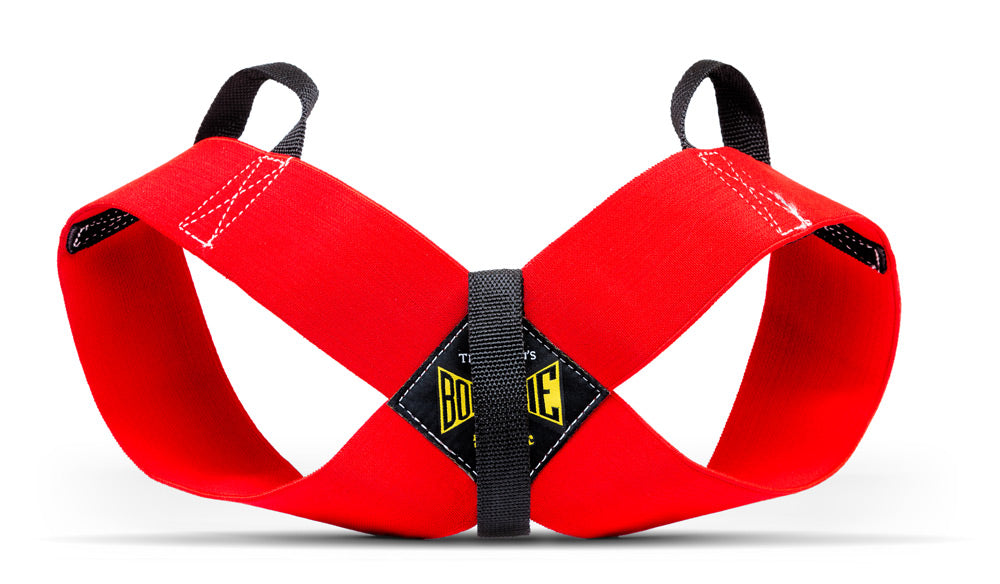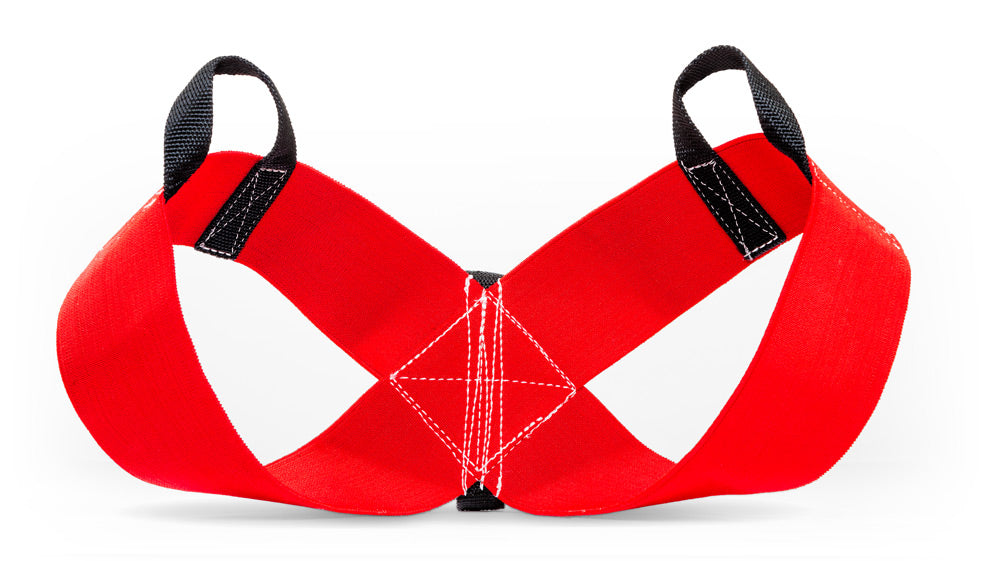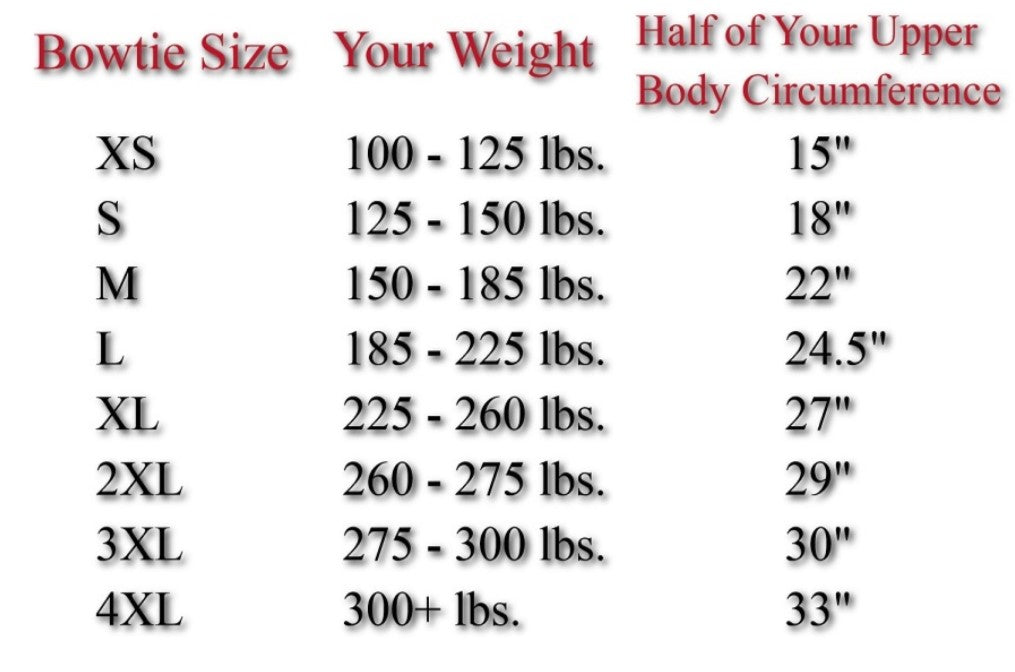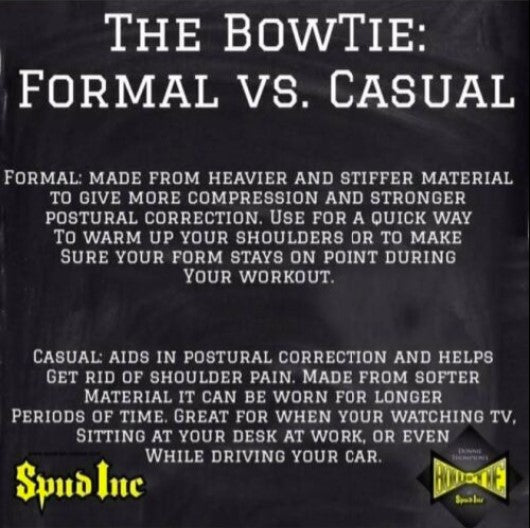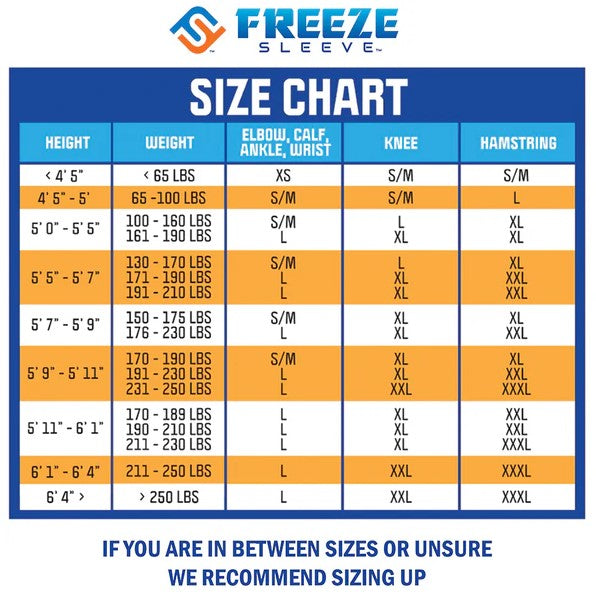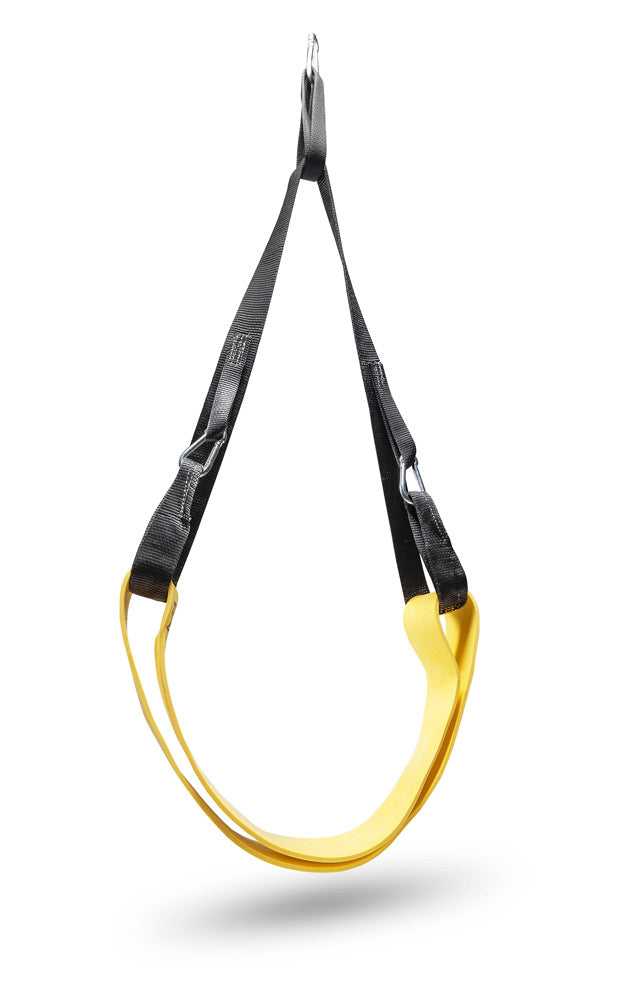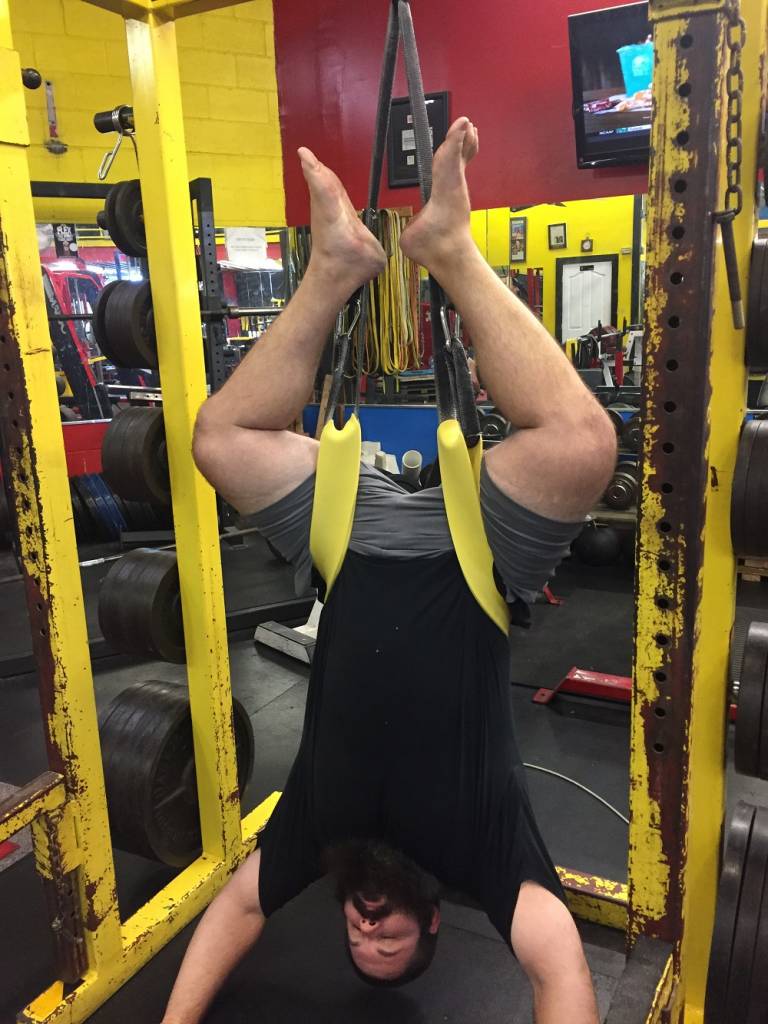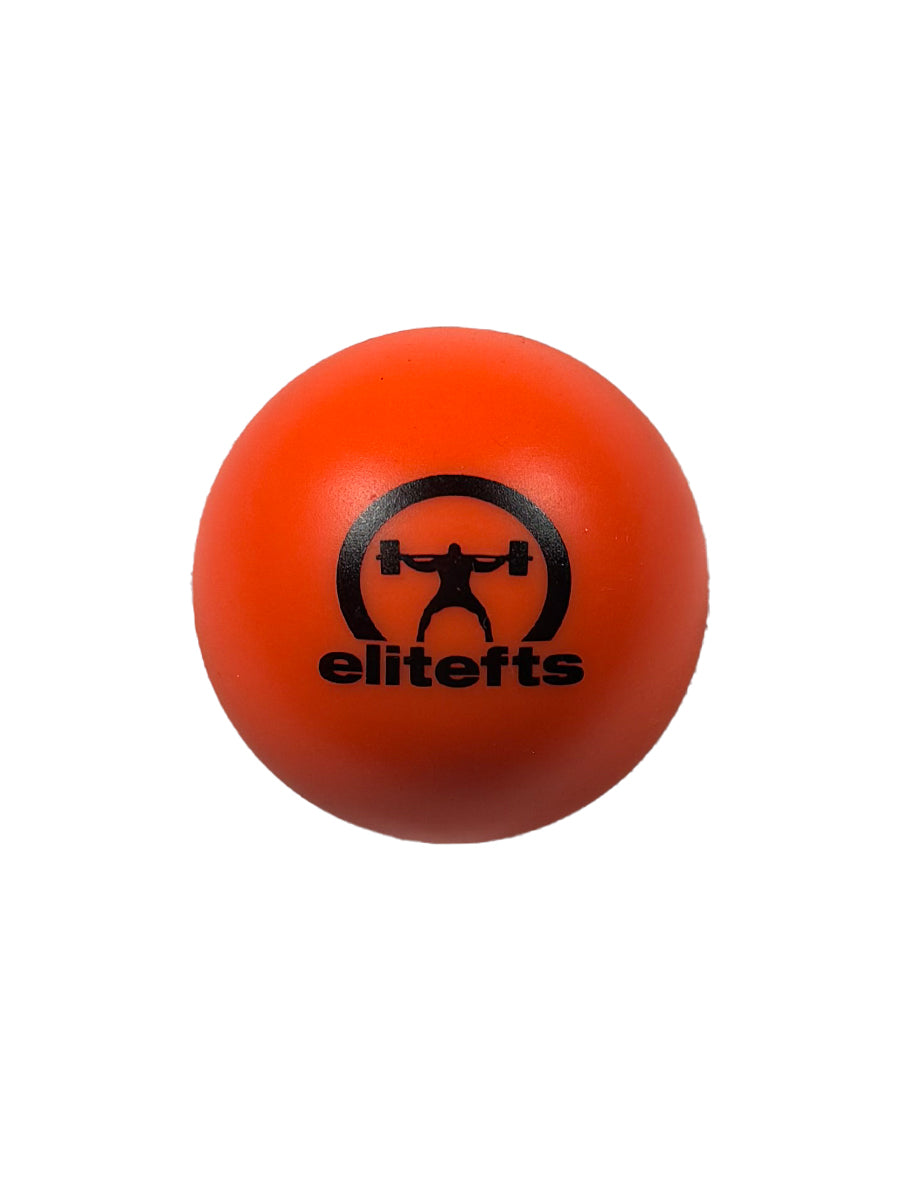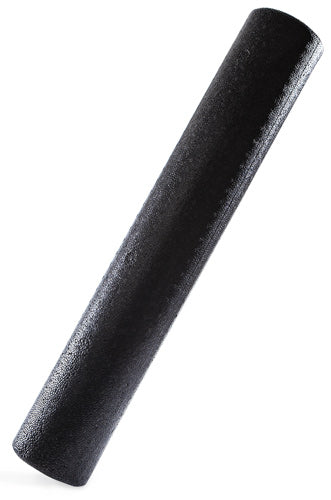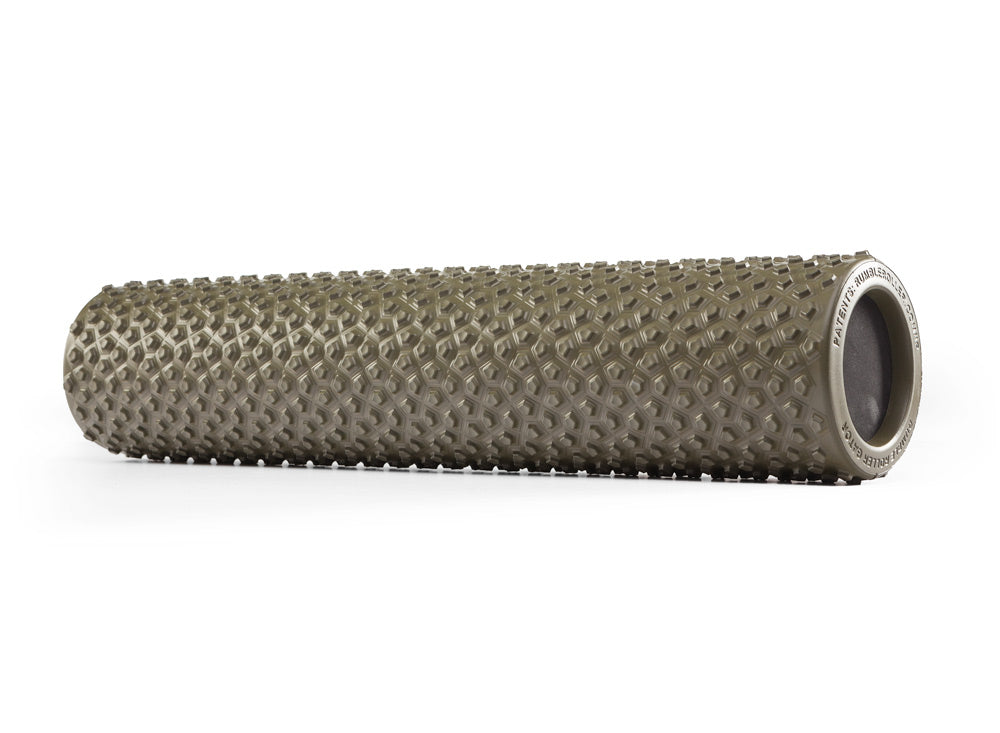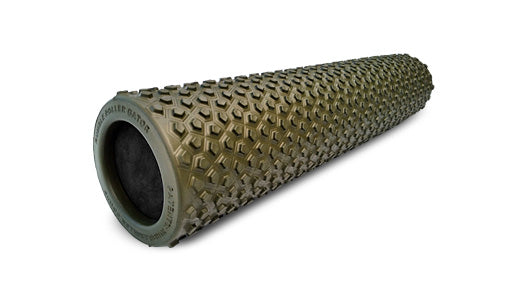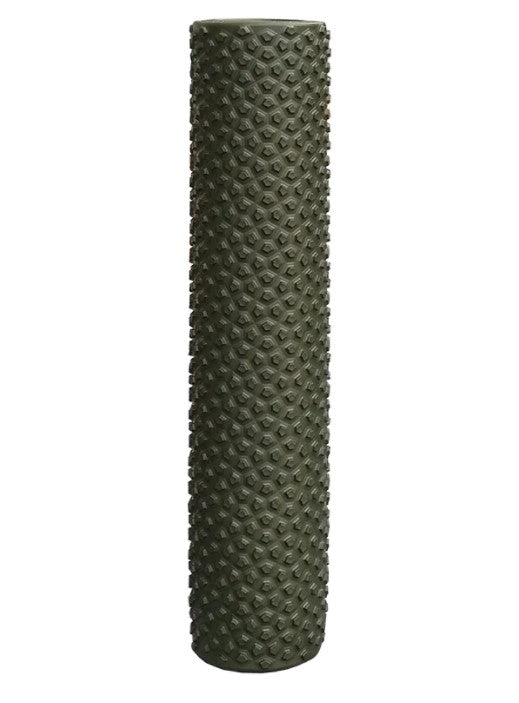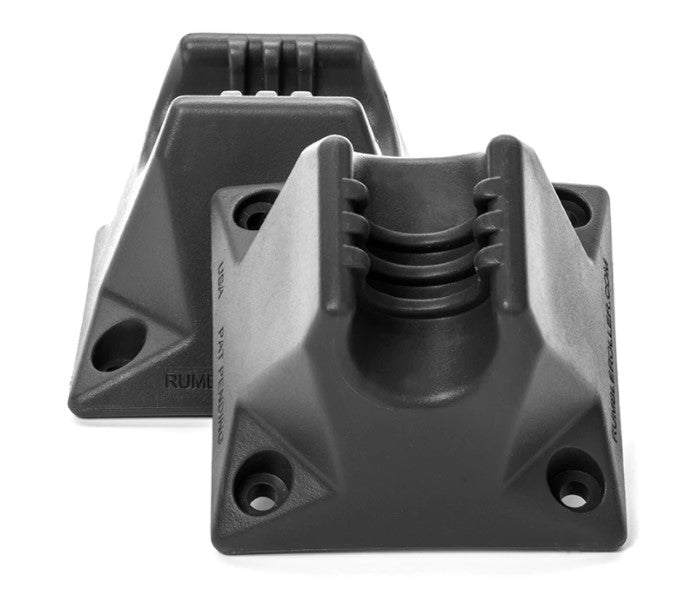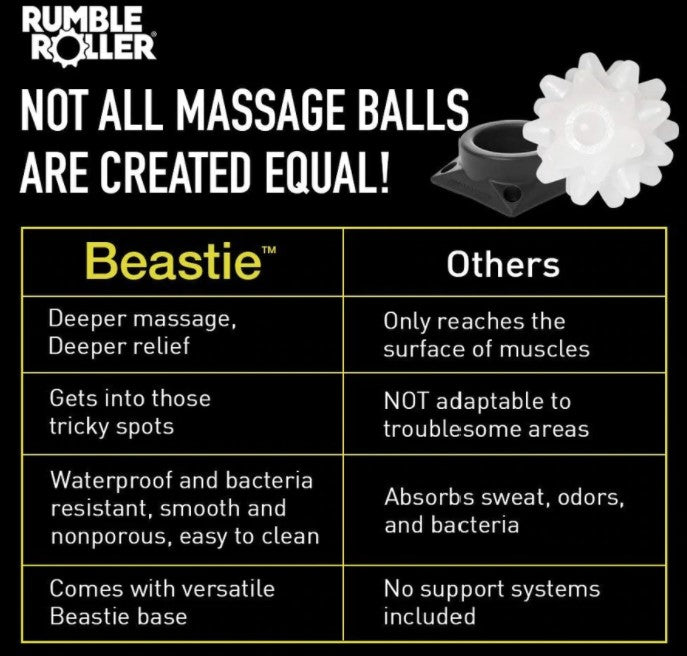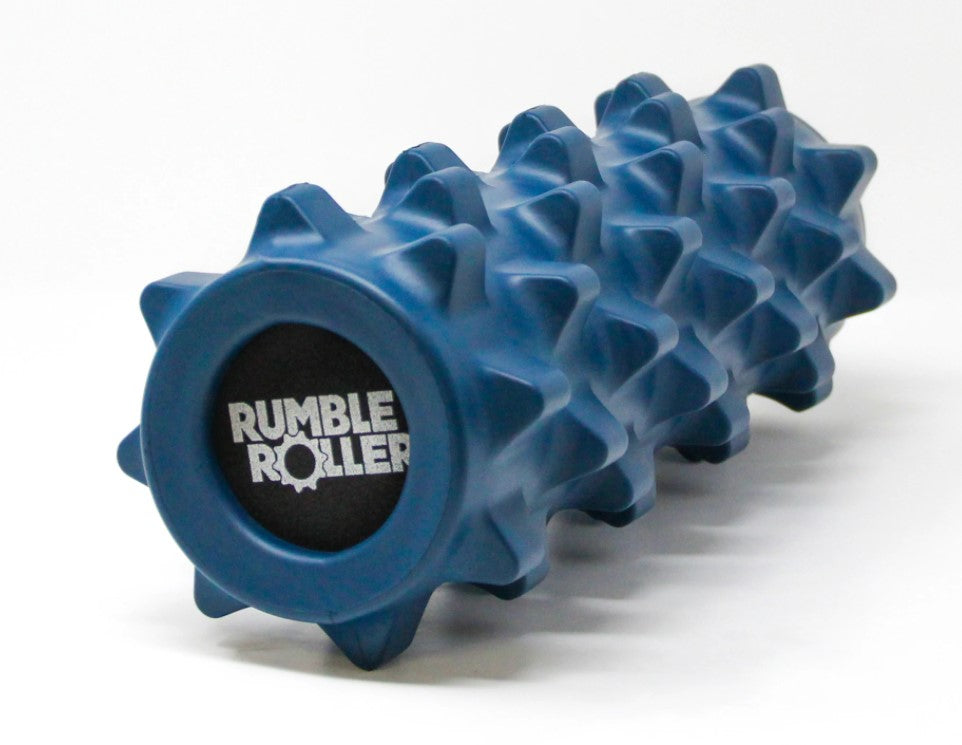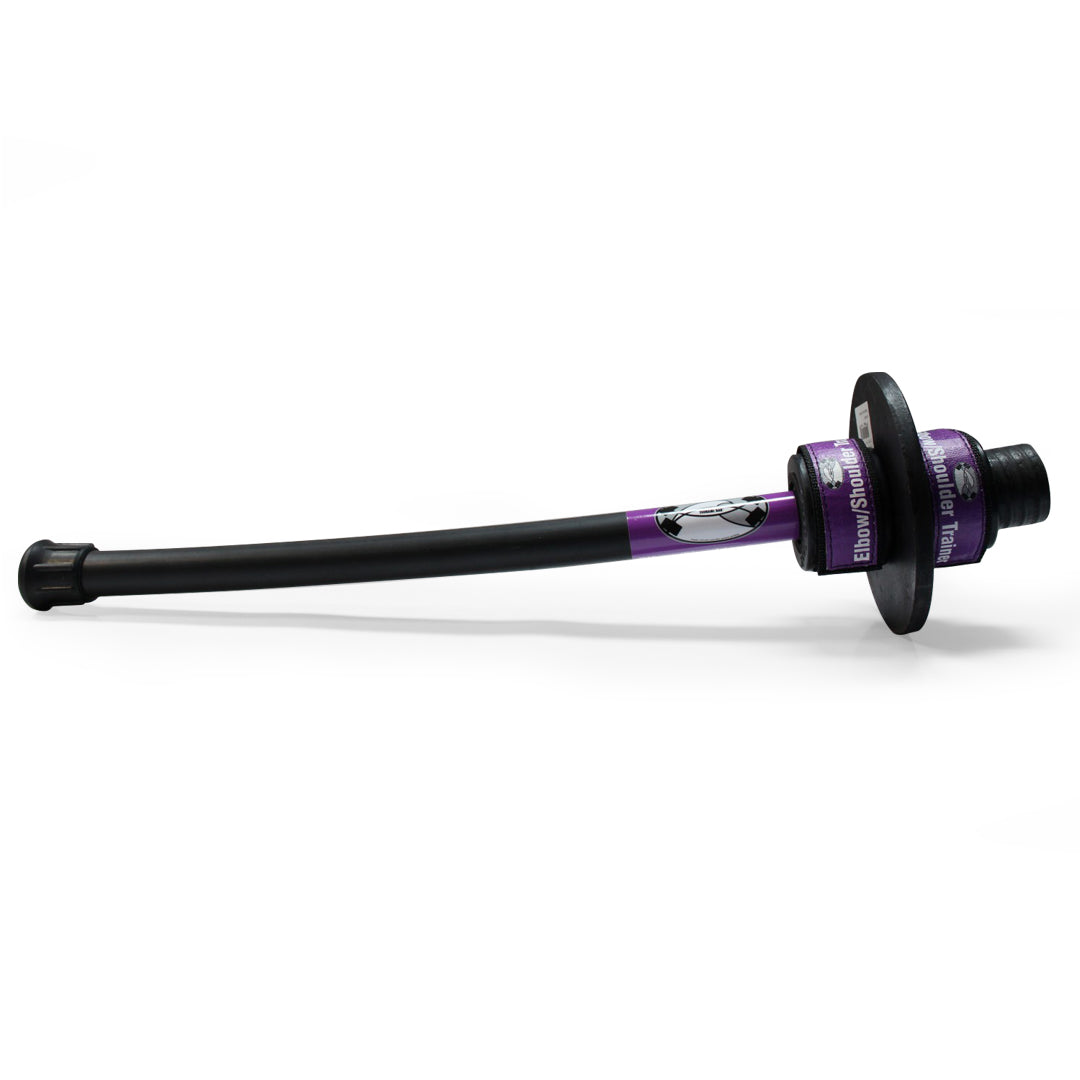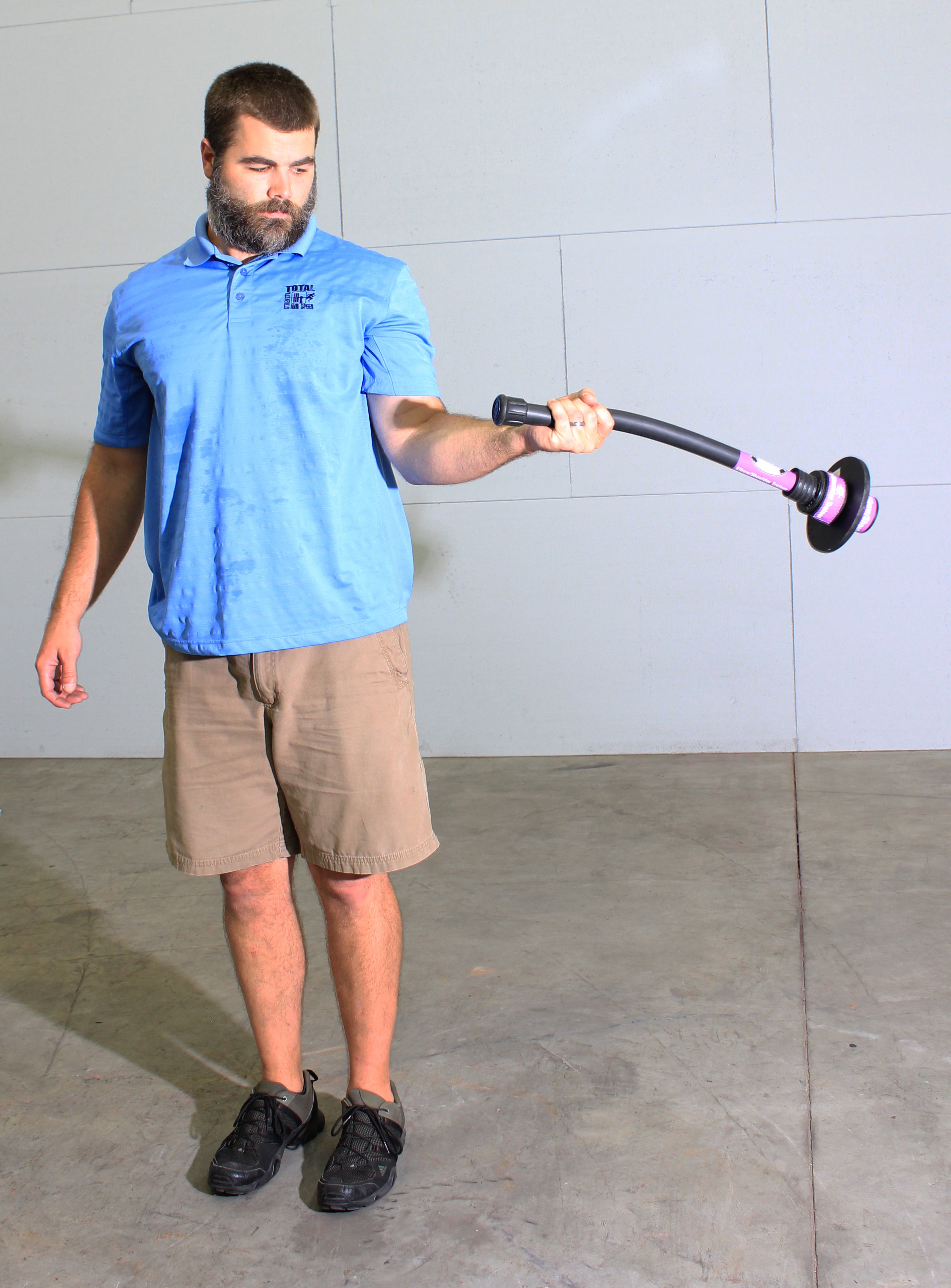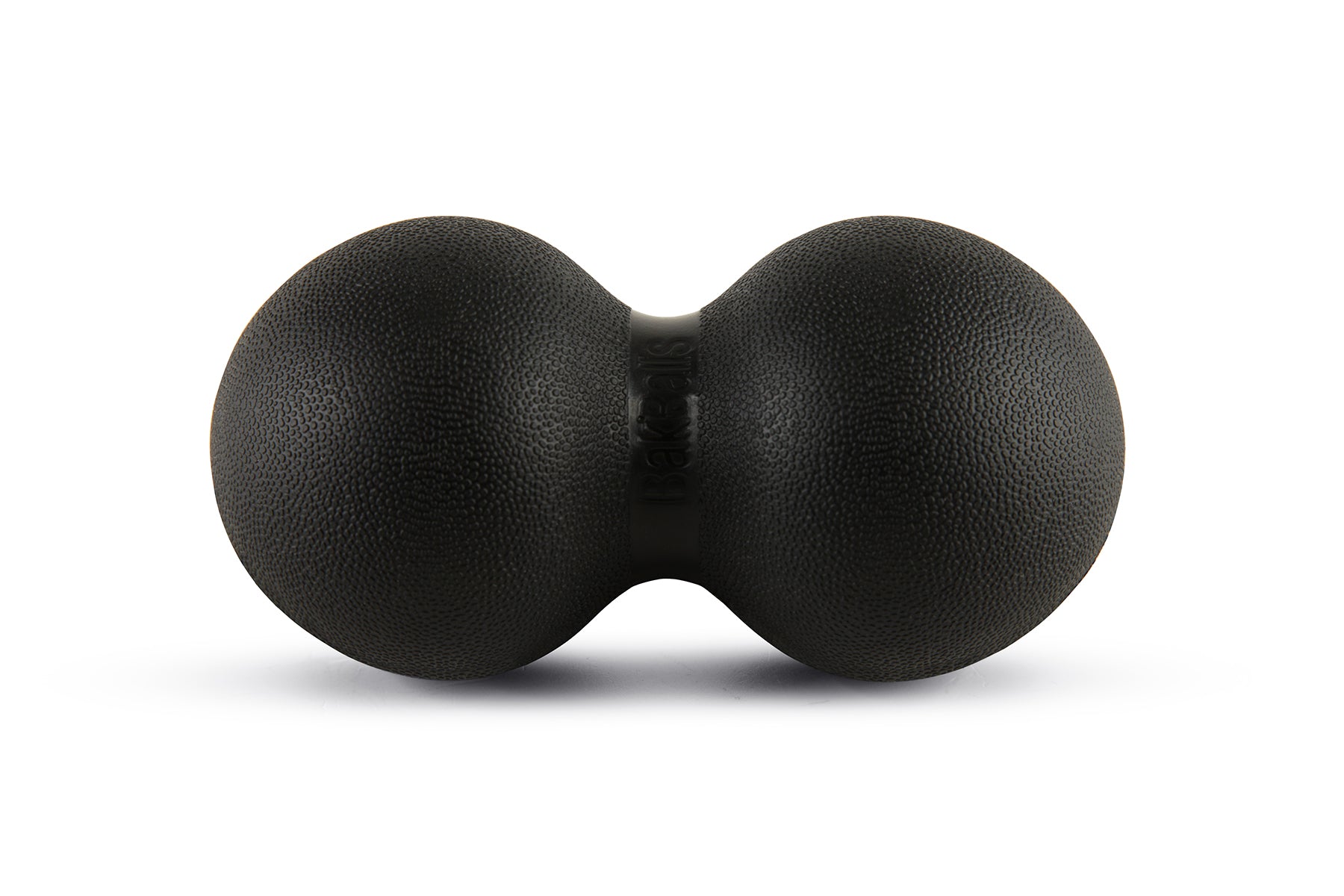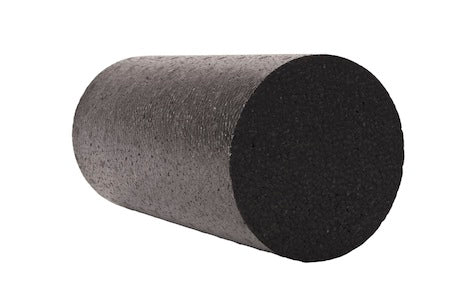Social media has become an integral component in most people’s lives. Not mine! I just do not have the time or the interest to invest in these effort-eating diversions. Despite this, I did receive a video link in which a friend of mine responded to someone that said he was stupid for training with pain and a injured elbow. Apparently, it wasn't said in such a nice way, either.
Watching this video got me a little riled up. Since the subject matter, which included overtraining of the central nervous system, is something I enjoy talking about, I had no choice but grab my keyboard and write this article. Since I have lots of thoughts swirling in my head I will try to keep them in some sort of order, but this one may get a little chaotic. Stick with me.
My first thought after watching this video is why does anyone need to tell someone they are stupid for the way they train or that they are stupid for training with pain? Why not spend that time and energy on their own training and progress? Even if your comments were intended as some messed up way of trying to help that person, there are a lot better ways to communicate. I also question what information this person really has. Does he know what is causing this pain? Does he know what the injury is? Does he know what things this person has already tried to fix the problem? Does he know if this person has made adaptations in his training around the injury? Does he know what this person is thinking or how he feels about this injury? Does he know how much pain or discomfort this person really is in?
Honestly, we all have our own opinions and our own beliefs, which are fine, but keep it to your F-ing self. If you’re really that hard up over the issue, talk directly to the person. Ask them questions and listen to their opinion and if you do it right with some respect nine-times-out-of-ten they will listen to yours. They may not agree or choose to take your advice, but then at least you have said your piece. I have talked with many top powerlifters, athletes, and lifters to learn that most of us train differently. I may not agree with everyone's beliefs and I know everyone doesn't agree with mine. The truth is, I sometimes feel like some of the ideas I hear are stupid, but I keep it to myself. If that person wants to talk about it, I am more then willing to listen to their reasoning and, if I still disagree, I am more than willing to explain my rationale. The bottom line: if it works for that person, then great.
I also question how successful this critic is. Has he put up massive numbers in competition? What provides him with the expertise to critique people? We are all different and we all have different goals. Maybe this is the way he wants or needs to train in order to achieve his goals. Keep it to yourself and focus on your own training unless you’re willing to listen and discuss the issue. If you want to push the limits of strength you will have to train with pain at some point (if not most of the time). Strength training is hard and it beats you up. Of course, if you are satisfied with minor improvements or just to get a little stronger, its not that hard. But if you looking to push the limits of your will and the human body, then it can be brutal. You will put massive stress on your tendons, ligaments, muscle, central nervous system, and even your mental well-being. You will experience injuries and you will beat yourself up. No one ever got super-strong by not working through the pain. No one ever got super-strong by stopping every time they got an injury. Every top lifter I know has a list of injuries. It is part of the sport and we all know this going in. Lifting massive weights hurts and it is going to be painful. That's why guys crawl out from under the bar looking beat up or like they are going to die.
That same pain is part of what makes it so great for me and it is why most people can't or won't do it. If it was easy, most people would be big and powerful. I feel like a lot of lifters love the feeling of pushing themselves through that pain the most, it is the challenge and knowing we toughed it out to get it done. Training with injuries and training through pain is a necessary evil in powerlifting, but not all the time. There is a point where you are better backing off or maybe even taking time off. This is based on my years of experience in physical therapy, working with lifters, and my own injuries. I will say though, that I have found working through most injuries is more productive then stopping or completely avoiding anything that caused them. A long time ago it was common in the medical field to put people on bed-rest after major accidents or surgeries. Now, sport medicine doctors and therapists are more informed and often try to get athletes and non-athletes active again as soon as possible. They understand that working through some pain helps speed healing and can reduce the build-up of scar tissue. In cases of muscle tears and strains, I have found that active movement was productive right away.
I have had many major muscle tears and in each case I started stretching immediately. Trust me, it did not feel good but I knew it needed to be done. I also started lifting the next day but very light weight with high reps. If you don't do anything, these type of injuries take forever to heal and your body may end up laying down scar tissue that will need to be broken up later. Again, even light weights hurt after a major tear. In all my years working with patients, I don't ever remember one that walked through rehab without pain. It is part of recovery. With overuse or repetitive-type injures (such at tendonitis), there may be cases in which it is best to take some time off but I have also improved these issues by working near the irritated area. This involves finding the exercises that causes little to no pain while getting blood into that region. It also takes a lot of modalities to help heal it. In cases like this, I balance the length of time recovery will take while still training compared to the strength that will be lost by completely backing off. My experience has shown that if you can work through or around it will be more productive. Cases involving surgery is where I have discovered the wisdom of backing off.
For instance, if you have a tendon surgically reattached you want to make sure it takes. I listen to what the orthopedic surgeon recommends but make sure he understands I am an athlete. This would be an understandable time to not train because of the injury. Fortunately, it is more common in today's rehab to get things moving right away. I have found most good orthopedic physicians will take your goals into consideration and speed up the rehab protocol. Athletes tend to be in much better shape and tend to heal quicker. I think you can almost always find a way to keep up some sort of training, even with any injury, but I think what's most important is the rate at which you come back to your regular pre-injury training.
In my own case, this is where I messed up. With my pec and hamstring tears, things progressed until the injuries felt pretty good and couldn't wait to get back to regular training. All this did was re-tear them even worse. The problem wasn't that I trained with an injury, it was that I came back to training 100% too quickly. So as far as someone being stupid for training with pain or an injury I completely disagree. If that's the choice you make, then fine. I hope it works out for you.
Getting back to that video… I often hear people say they do not believe the Central Nervous system (CNS) can be overtrained and I completely disagree with that. I am more then willing to admit that most people will never experience it because it takes a lot to overtrain, but it can be done. I have seen it in myself. I have seen it in my training partners. And I have seen it in other lifters. Everyone that has listened to me about out it and followed my recommendations has progressed in their lifts.
There are many signs that you have overtaxed your CNS. Your appetite will decrease, your sleep will become erratic where you wake up often in the beginning stages (it can actually lead to insomnia), you will have trouble staying tight during your lifts, your speed will decrease on your dynamic work, and you flexibility will decrease. The only thing I have found to help overtrained CNS is time off. The reason I feel most lifters will never experience true overtraining is because it takes massive weights and massive amounts of intensity to get to this point. General strength training and bodybuilding-type training are far less likely to tax the body to this extent. Bodypart-based training is geared around working the muscles and/or hypertrophy while also not focusing on one-rep max strength. It is the massive singles and dynamic work that places greater stress on the CNS.
Powerlifters frequently incorporate single- to triple-rep circa-maximal loads along with frequent use of dynamic training to generate as much force as possible. We are looking to pull every ounce of strength out of your muscle for one explosive rep and that takes a toll on the nervous system. I believe that multi-ply geared lifters are more apt to overtrain the CNS than raw lifters because of greater poundages and spending more time training the top end of the three lifts (which allows for the handling of heavier weights).
It is a select group of lifters that will actually push themselves to this limit and it is advanced lifters that have the ability to do this. Those that have the ability to overtrain their CNS are usually intense, aggressive people who have a very hard time backing off even for a short period. I am also not saying that you cannot make gains when your CNS is overtrained. You can still make gains and keep getting stronger but you will not make the gains you could be making or lifting the weights you have potential to lift.
I think overtraining the CNS for brief periods can be beneficial but you need to know when its time to allow for recovery. I am not saying that bodybuilders, athletes, or raw lifters do not train as hard as a geared powerlifter. They put forth tremendous effort and sacrifice in different areas. Different type of training and it puts different stresses on the body.
This argument about training through pain is summed up with the following story:
My very good friend that I work with is out delivering booze the day after we had a snowstorm. He pulls into the parking lot of one of his stops and sees this lady trying to pull out of the lot but she keeps sliding backwards because there is a little incline to get out of the lot. As my friend walks by she ask him if he could push her. With a very straight face he says, “Your vehicle has four-wheel drive, if you would put it in four-wheel drive you can easily drive out on your own.” She replies that she have never put it in four-wheel drive because she doesn't want to wear it out and doesn't want to put it in four-wheel drive! My friend stared at her a moment and then walked away.
As you can guess, I laughed my ass off listening to this story. I have no idea how she came up with this logic or why she would buy a four-wheel drive vehicle but never want to use it. Even if you don't use your four-wheel drive you should every so often put it in four-wheel drive because that stuff needs to move. It was designed to move. The best irony is that it is still going to wear out if you never use it, the seals will dry up and crack and the gears will not run smoothly. It is going to wear out or need to be repaired at some point. My friend who replied through video said, “We will all end up in wheelchairs and in pain.” He is totally correct, unless we are lucky enough to die first. Use it when you have it, because someday you won't!
We are humans and the fact is our bodies don't last forever. Life is pain and has a limited longevity and that's what makes the good things in life so valuable. Go after life at full speed. There is no excuse for living pain-free.
We are all unique with different motivations and passions. Every man believes his method is correct (and for him, it may be). Many readers may disagree with my opinions in this article. That’s fine. I’m not here to tell everyone what to do. I have been doing this for a long time and at a high level. My purpose is to share some of my experience and the diverse perspectives of other lifters I have learned from. I have met some great people that I really looked up to but still disagree with them on certain subjects…which doesn't make me look up to them any less.
What I have learned is that, as hard as I look, I cannot find any firm standards to strength training. This is because there are none. For almost every theory, there is a contradicting theory or an insanely strong lifter that excels doing the opposite. There are way too many variables and that is why I follow general principles that are based in logic. This strategy has allowed me to post some of the biggest numbers in powerlifting history (at the time at least, since there are lots of incredible lifters still coming up). One thing is for sure, I know that it involves pushing my mind and body to the point of pain. I know that injury is not something that can be avoided; it is something that needs to be intelligently handled. And I know that going online to call people stupid for disagreeing with me is a waste of everyone’s time. The true lessons of the gym are arrived at under the bar, talking to friends post-workout, or giving it your all on the platform!












